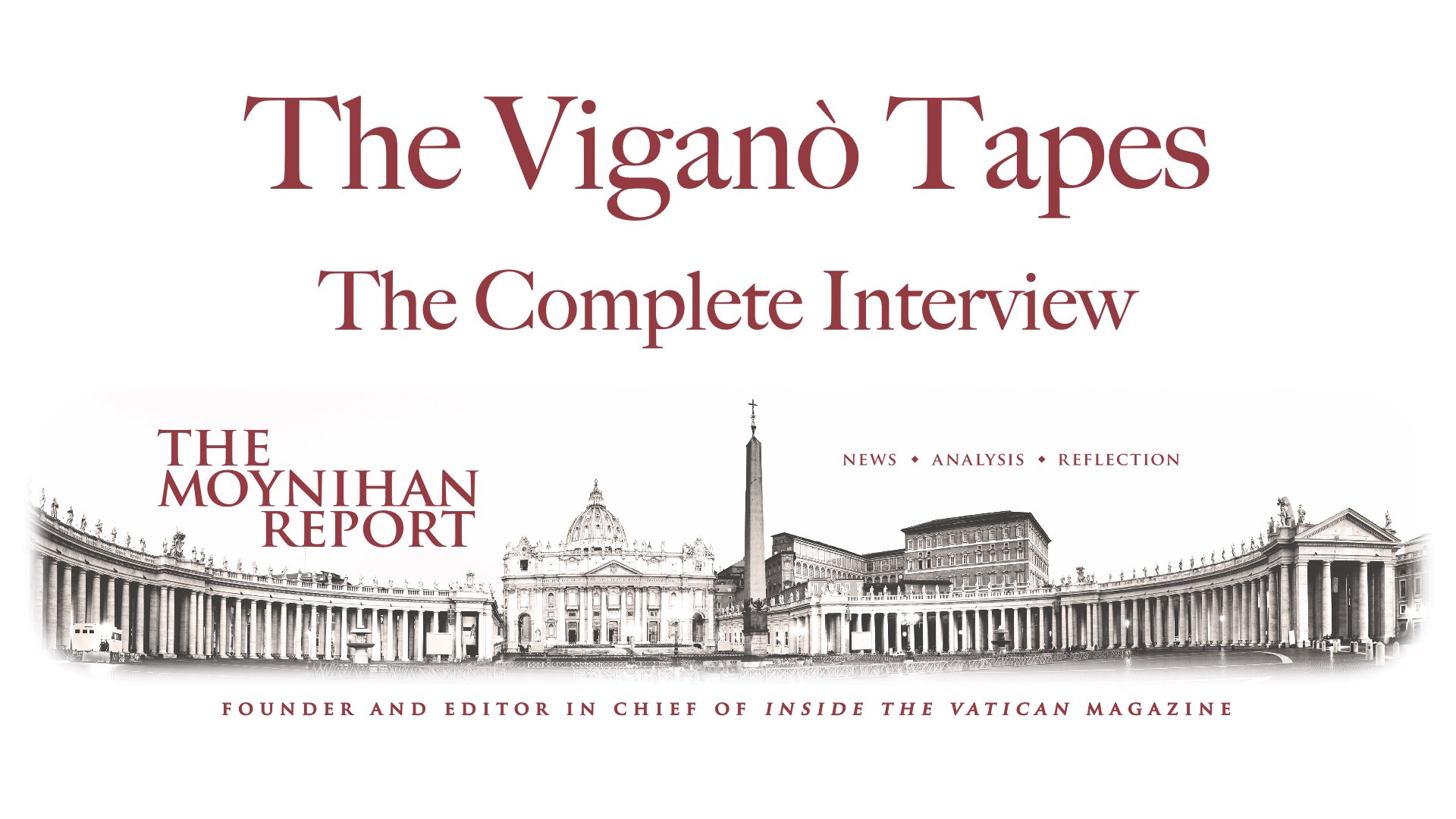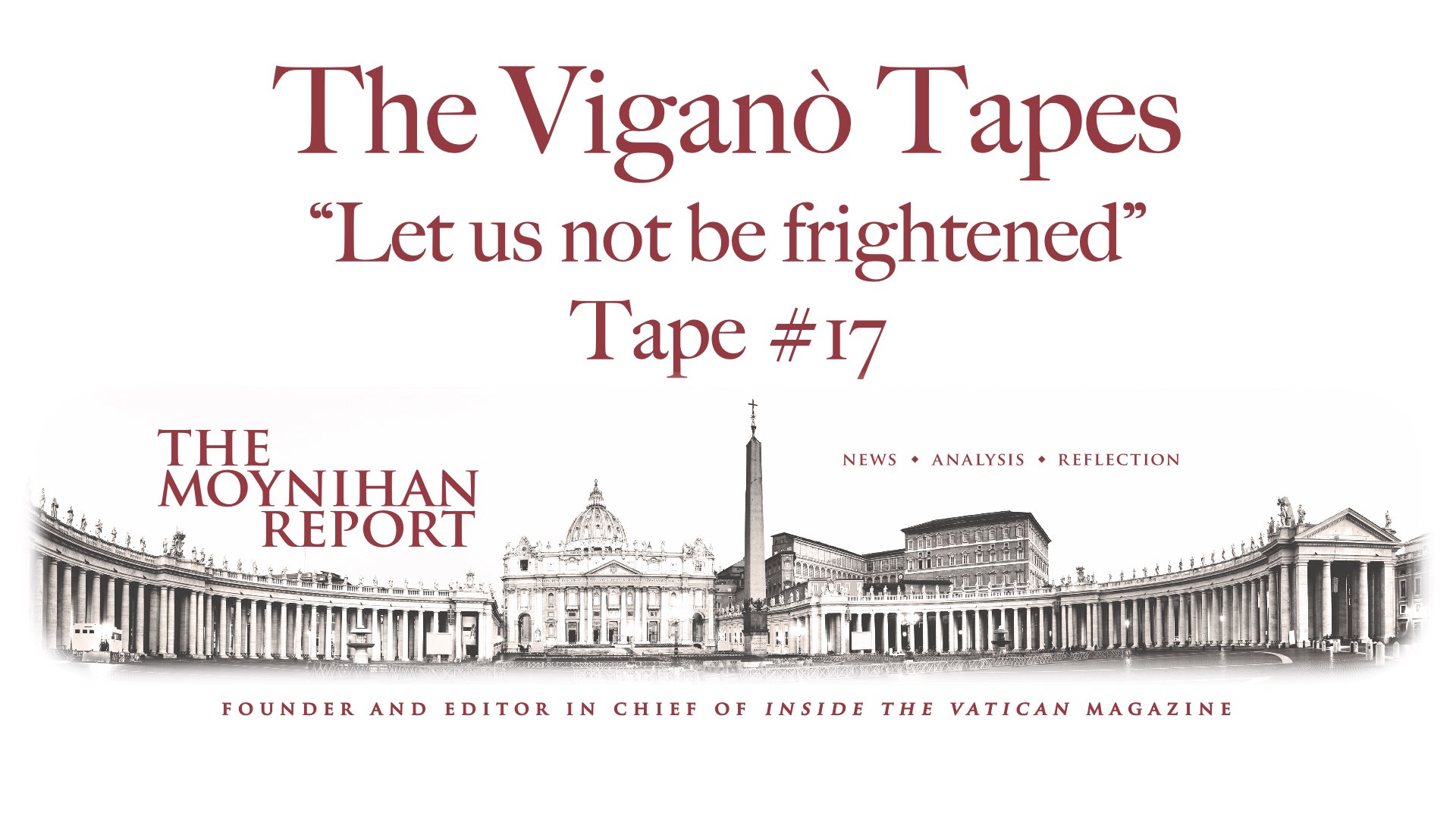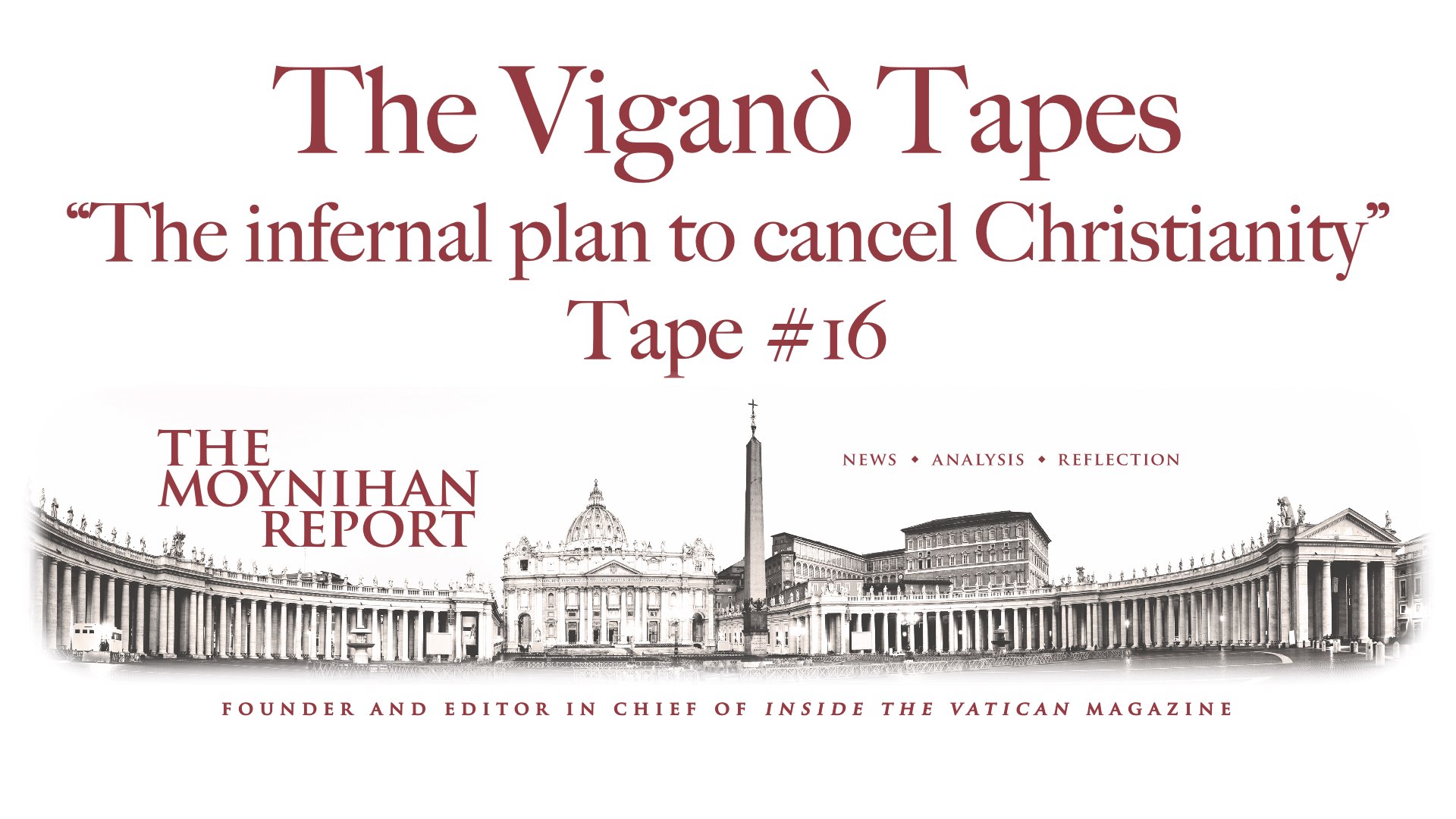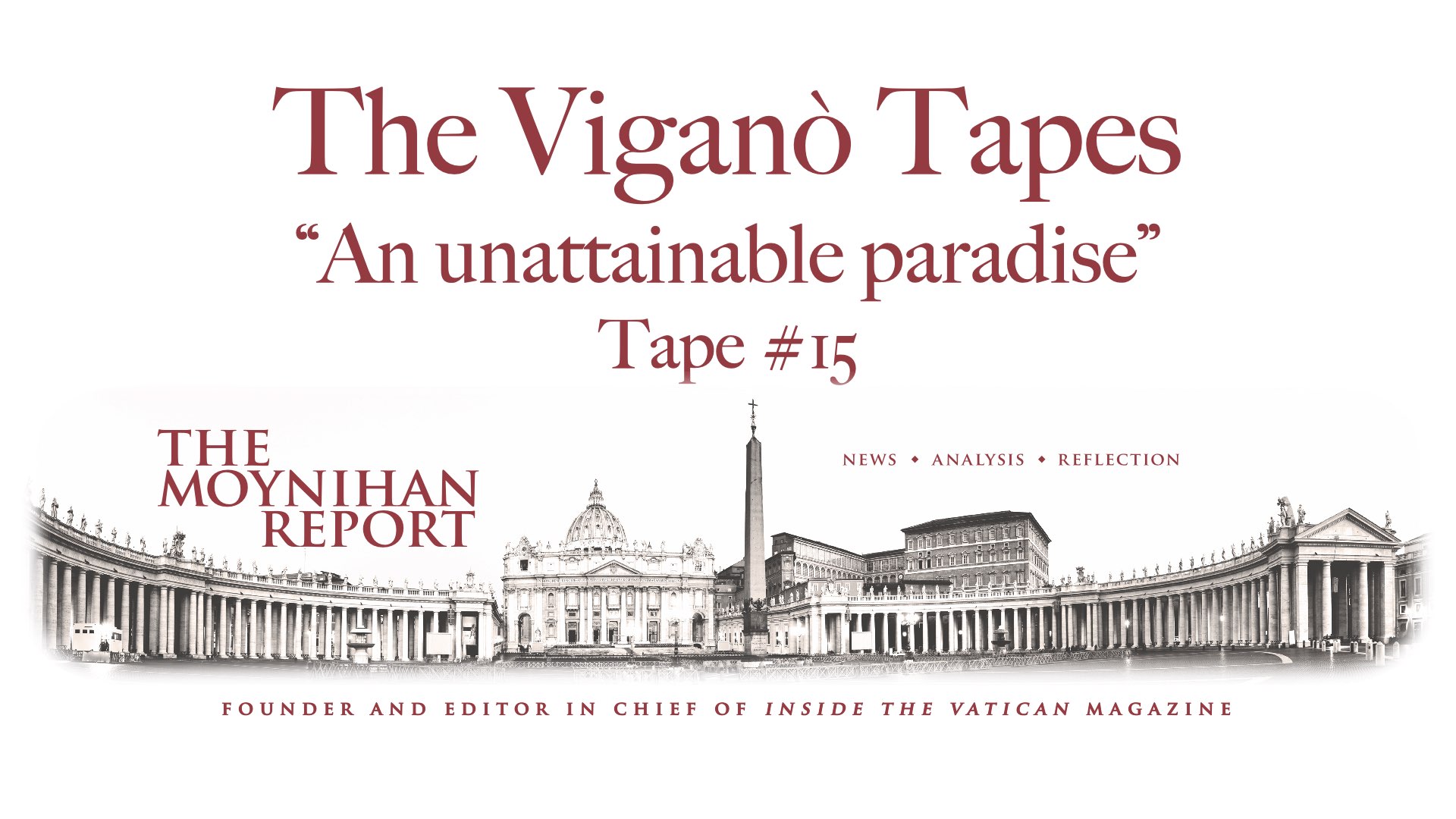The Vigano Tapes
Denying the Kingship of Christ
Question #12
Question Number 12. In what way, Your Excellency, does the conciliar church differ from the Catholic Church prior to the council? you’ve described now for us a process lasting for 60 years, as you say, in which the Church has faced a type of corruption. You’ve denounced the corruption on the moral plane, the abuse of children. What you are now denouncing is corruption on the doctrinal plane. You’re saying there’s been a type of departure from the traditional Christian teaching in the past 60 years. Can you explain even further and in greater detail how you feel this occurred and what can be done about it?
The Catholic Church held a council, an ecumenical council, in the 1960s, 1962-1965, four years. After the council, the Church said we have now made major steps toward modernizing the Church, making the Church more attractive to modern man. But you believe that this is somehow the fundamental mistake of this period in history. Please tell our audience what do you think happened at the council and why do you think it was such a mistake to the Church to take that path and why is it that it has not been denounced by others but only by you?
I think the problem of the conciliar church lies in having made the revolutionary demands its own, denying the Kingship of Christ and transferring – at least in words – sovereignty to the people, to those whom the clerical elite has convinced that they can choose which truths to reject and which new dogmas to invent. And I point out that, exactly as happened in public affairs, so also in the ecclesial sphere power has been usurped by new entities with purposes opposed to those for whom authority is established; and always considering the people as a mass to manipulate and subdue. The modalities with which the liturgical reform has been imposed are not unlike those with which the green pass is imposed on us today: always for our good, always because there are those who decide for us, always telling us lies to hide their true intentions.
If their true purpose was the good of souls, they would have had to repent from the beginning, looking with horror at the disaster that has taken place. But if the purpose is truly disaster, one understands the hatred and aversion to everything that seeks to limit it and repair the damage. Seen in this light, perseverare diabolicum [to persist is diabolical]. And this is true both for obstinacy about the Council as well as for obstinacy about the pandemic farce.







Facebook Comments